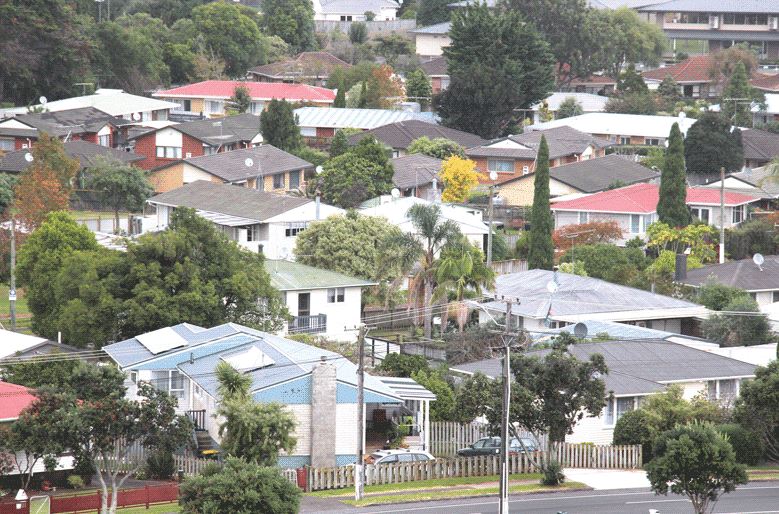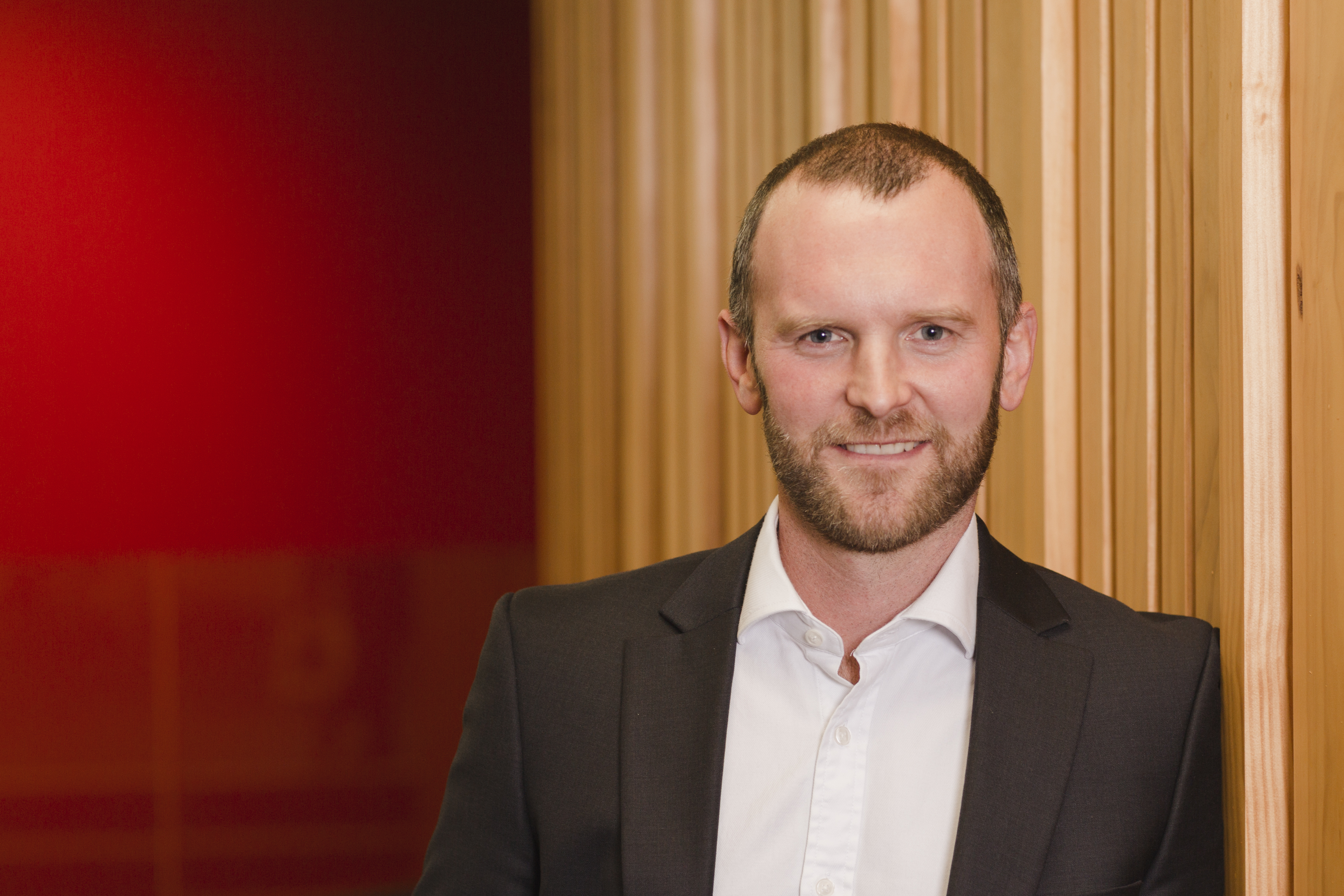
South Auckland
Stephen Dickens takes a look at south Auckland and finds a region that while growing rapidly, still offers potential opportunities for investors.
The average price for a house in the Auckland area now stands at $942,760 in April, up 1.3% from March and 16.5% higher than a year ago.
The biggest increase in Auckland values, however, occurred in south Auckland in Papakura, with an April average of $608,610, up 24.4% from a year ago. In Manukau City values rose by 20.8% to $812,657.
But as property values skyrocket and outpace rent returns, gross yields have taken a big hit, with Auckland dropping to an average yield of 2.3%.
So what's the property market like in south Auckland? Adam Thomson, of Ray White Manukau, says the areas in south Auckland experiencing high demand are typically pockets within suburbs that have a higher owner-occupier rate such as Peninsula Park in Mangere, Wattle Downs in Manurewa and Conifer Grove and Addison in Takanini.
“These areas are generally considered more upmarket and are more sought-after by tenants, resulting in investors being able to charge higher rents,” Thomson says. “Supply and demand in Manukau mirrors that of Auckland generally – we are experiencing a chronic housing shortage, in which supply is simply not meeting demand.
On the fringes
“South Auckland is Auckland’s fastest growing region and is anticipated to continue to grow at a significant rate,” he says. “We can, therefore, expect the local economy – and property market – to mirror this growth. In terms of future trends, it’s likely Auckland’s chronic housing shortage will continue to drive tenants and buyers further and further out of the city and city fringe areas into the likes of South Auckland and beyond.”
According to Thomson, south Auckland’s up-and-coming areas include Manukau itself – which is now home to AUT University, with further expansion underway – as well as Mangere, Drury and Takanini.
“Investors should look for properties with future development or add-value potential, close to amenities and transport links,” he says.
“Three and four-bedroom houses with backyards are the most sought after by tenants. Properties should also be near places with future infrastructure planned – for example, Mangere did well following the announcement of the South Western motorway.”
Young south Auckland property investor Jimmy Ho currently owns four investment properties in Manurewa which he has owned for four years and says the suburb has great potential to add value.
“I chose to invest in Manurewa as the cashflow is excellent and the sections are large with subdivision potential,” he says.
“For the same amount of money as a unit or apartment in Auckland you could get a large site with subdivision potential in south Auckland.”
Ho completed a small development in 2015 in Manurewa, which was a two-bedroom minor dwelling. “The total build cost was $190k all up, and the property is rented to a professional couple who work in the airport for around $400 per week,” he says.
“This gives a yield on build cost of 10%, and increases the overall yield for the property to 8% (on historical purchase price).”
Stigma no longer
South Auckland is becoming very attractive not just to invest in, but to live in as well, according to Ho. “Traditionally [it’s] a bit of an investment area but there are now plenty of young professionals purchasing in suburbs such as Manurewa and Papatoetoe,” he says.
“The stigma of South Auckland is vanishing quickly. Manukau CBD is also becoming quite trendy, with several good cafes and eateries springing up. There's also a new train station and MIT University which opened up recently.”
Ho adds most of his south Auckland tenants have been good. “For well-maintained houses with a section in the good parts of Manurewa, the tenants we have encountered are surprisingly good. All our properties are tenanted with employed tenants who pay on time and keep the place tidy. The rental stock in south Auckland is older and if a landlord maintains the property to a good standard or owns a newer property with good insulation, then they will be able to attract the best tenants.”
Growth ahead
The region abounds in growth and development. As part of Auckland Council's Housing Accord, a special housing area development has started 834 Great South Rd and 10 Pacific Events Centre Dr, Manukau. There are more than 800 new homes planned, including retirement living, potential student accommodation and/or hotels, according to the council's website.
The region also has New Zealand's largest planned town taking shape on 1700ha of land in south east Auckland. Ormiston, in Flat Bush, is expected to be home to more than 36,000 people in 10 years' time and over 4500 dwellings have already been built, along with associated infrastructure.
A number of other developments in the region are either planned or under way, with the last tranche of SHAs for Auckland announced in April. The last date for developers to lodge applications is September 16.
Rental returns
Sharon Trafford is an investor and local business owner who owns three home-and-income properties in Manurewa and one bungalow – her family home – and is looking to buy another property.
“I bought the three homes for $350k each back in 2005,” she says. “They are two-bedroom legal minor dwellings, with a three-bedroom main house. One with a swimming pool, one with a double sleep-out and one with a double garage. All on large sections. One of them can be subdivided too. These properties were all revalued a month ago: $740k returning $945 rent per week; $770k returning $930 and $780k returning $880.”
According to David Middlemiss, of McDonald Property Management, rents have increased around 10% over the last 12 months but have lagged behind property values where investors have had significant capital gains. “The average two bedroomed rent is around $400pw and the average three bedroomed rent around $480pw,” Middlemiss says.
“Gross yields are low, probably around 2.5% to 5% but investors seem happy to take lower yields with capital gains being so good and other investment opportunities limited with interest rates so low. This may change in the future as capital gains diminish and investors may seek higher rents to offset increased costs.”
Trafford says Franklin/Manukau is typically the cheapest area to rent in, but with rental increases now significantly above the average, Franklin/Manukau prices are getting closer to the averages seen in south Auckland. “The rental increases in these outlying areas suggest that Aucklanders are struggling to find suitable properties in closer suburbs, or are happy to travel further afield to find the right home,” she says.
Respectable yields
The gross yield on a three-bedroom home in Manukau/Manurewa with a median value of $731,000 and rented out at $535 per week is 3.8%, according to QV.co.nz. Otara is the best of south Auckland's suburbs, however, with a three-bedroom home valued at $511,000 and rented out at $480 having a respectable gross yield of 4.9%.
Trafford says a lot of investors are still looking for a full section and going down the route of putting minor dwellings on them.
“I've seen a number of investors buy properties that are starting that process. The home and incomes are starting to value up really well and the rental income from them are awesome as long as the properties have very clear boundaries and are not on top of each other.
Beware of unitary plan
Thomson says investors should look at adding value before changes come into effect under the Unitary Plan.
“Investors can add garages or sleep-outs to their properties to instantly increase yields. Minor dwellings on the property will also add significant value and increase the return by $400 a week – for an outlay of $200,000. There’s no provision for these under the new Unitary Plan, so owners of properties between 600 and 800sqm should be exploring their options now,” he says.
Trafford – who owns property management company Landlord Doctor – says future growth in the region is in good shape. “Trendy bars and cafes have been popping up in areas like Takanini and continue to do so. The airport is scheduled for expansion creating thousands of jobs for people and opportunities,” she says.
“The older generation are cashing in their standard three bedroom properties and investing in apartments – much easier lifestyle and investment for them – but the three-bedroom house will always be what people are looking for.”
Defining importance
Thomson says the areas which provide the highest gains don’t generally provide the highest yields – because they are either in a high-growth area or a high-yield area. “Investors need to determine what is more important to them – whether it’s the immediate return or long term growth – and then identify an area from there,” he says. “A high-growth area would be Flat Bush, while a high yielding area would be Clendon/Manurewa.”
Ho suggests potential investors should look at Mangere and Manurewa. “I personally think the two areas which are really up and coming are Mangere East and Manurewa North,” Ho says. “These two areas are benefiting from their proximity to more expensive areas and proximity to transport. If I was buying at the moment I would look at larger sites in these two suburbs to take advantage of gentrification and increased density following the implementation of the Unitary Plan.”
Trafford says south Auckland still holds plenty of potential for investors.
“I personally still think that there are some good properties in the South Auckland area that you can buy and I'd still rather put my money in these areas than stray further afield to Hamilton or Tauranga, which apparently is growing faster than Auckland at the moment. The next property that I will be looking to buy will either be in Otahuhu, Papatoetoe, Takanini or Otara.”
Final word from Jimmy Ho, who loves the area so much he recently bought his first home there. “My most recent purchase was in February this year,” he says.
“This was my first home – as an investor I had spent a bit of time in Papatoetoe and Manurewa, and I liked the area so much I decided to live here for good.”





 Search
Search